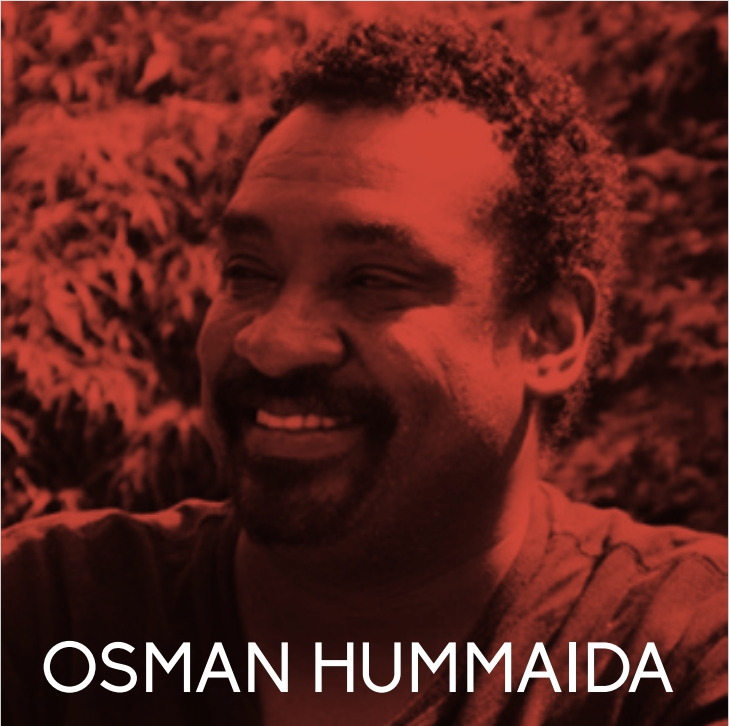Hassan Shire Sheikh, Chairperson, East and Horn of Africa Human Rights Defenders Network
25th October 2011, Banjul, The Gambia
Honourable commissioners, ladies and gentlemen,
EHAHRD-Net welcomes the opportunity offered by the 50th Ordinary Session of the African Commission on Human and People’s Rights (ACHPR) to highlight some of the most pressing current human rights issues in the East and Horn of Africa region over the past six months.
Allow me to first of all acknowledge that almost all the States in the East and Horn region have reported to the Commission at least once.
States’ periodic reporting is a useful opportunity to reflect on how the Charter rights are being implemented and to encourage collaboration and the sharing of best practices where there are challenges.
The periodic report of Burundi at this session is very timely. The last six months have seen human rights defenders in Burundi facing increasing restrictions as they try to carry out their work. These include legal and judicial harassment, arbitrary detention and trial, verbal harassment and surveillance. Human rights defenders involved in the campaign for justice for Ernest Manirumva, the anti-corruption activist murdered in April 2009, as well as journalists and lawyers have been the main targets of these restrictions. For example, Bob Rugurika, the chief editor for African Public Radio (Radio Publique Africaine, RPA) was summoned four times by the Bujumbura public prosecutor’s office in July and August and accused of disseminating information that incites the population to civil disobedience. Rugurika was again summoned for questioning on 14th October.
Two staff members of Manirumva’s organisation, the Observatoire de Lutte Contre la Corruption et les Malversations Économiques (OLUCOME) experienced security incidents against them in early July.
Following the massacre on 18th September of between 30 to 40 people at a bar in Gatumba, the National Security Council recommended that the media “abstain from any communication that could compromise peace and security” and “from publishing, commenting or making analyses related to cases under instruction,” in effect imposing a media blackout on the events. This follows repeated judicial summonses and intimidation of prominent journalists and civil society activists over recent months. The security situation in the country is troubling, with several current or former members of the opposition National Liberation Forces (FNL) killed in July and August and others in hiding after receiving threats. The Burundian government has also set up several commissions of inquiry to investigate extrajudicial executions and human rights violations before, during and after the 2010 elections, which have not yet published their findings
Repressive legislation in Ethiopia, specifically the anti-terrorism law and Charities and Societies Proclamation, continue to remain a challenge to human rights defenders and journalists restricting them from carrying out their work. On 21st June, Reyot Alemu, a columnist with weekly newspaper Fitih, and Wubeshet Taye, editor of the weekly Awramba Times, were arrested and accused of complicity with Ginbot 7, a US-based opposition group which was declared a terrorist organisation by parliament.

